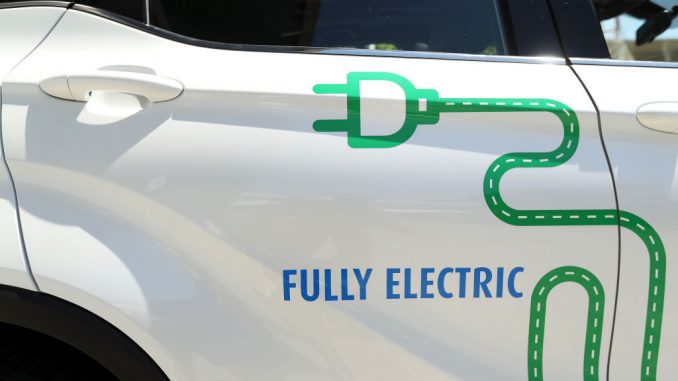

An Australian manufacturer of electric vehicle (EV) fast-chargers based in Brisbane has announced a merger that will see the company listed on the NASDAQ for US$1.4 billion.
Tritium already services a worldwide market across 41 countries and is banking on the continued expansion of the electric passenger vehicle market with expectations of 20 percent growth annually.
The company also expects EV hardware sales to grow 25 percent per year, particularly across the United States and Europe.
The deal comes amid U.S. President Joe Biden’s $1.9 trillion infrastructure plan, which includes significant investment in the renewable energy sector.
“The accelerated electrification of the transport sector globally is now underway and has extraordinary implications beyond the benefits to individual consumers,” Tritium CEO Jane Hunter said in an investor announcement (pdf).
“We plan to expand to three global manufacturing facilities, expedite product development, grow our global sales and service operations teams, and so much more,” she added.
The deal will see Tritium merge with newly created Decarbonization Plus Acquisition Corporation II, a special purpose acquisition company (SPAC).
It is anticipated to net US$403 million of cash, while the pre-money enterprise value of the new company will be $1.4 billion.
Tritium was founded in 2001 in Brisbane, the capital of Queensland, and designs and manufactures hardware for direct current EV charging. The company has also successfully rolled out its charging stations across extreme climates.
Incoming director, Robert Tichio said, “As the wave of investment capital directed to environmental, social, and corporate governance (ESG) goals continues its acceleration, we believe a publicly traded Tritium will serve as a valuable core holding for ESG investors.”
The push for ESG—particularly support for the renewable energy sector to address climate change issues—has accelerated in recent times with major investment funds signalling a shift away from industries deemed to be generating excessive carbon emissions.
“The climate transition presents a historic investment opportunity,” according to investment giant BlackRock CEO Larry Fink, who has been at the forefront of the push for action on climate change.
However, the shift, which has also extended to Australia, has placed pressure on workers and businesses within smaller coal-mining industries, who are struggling to find support from financial institutions who are backed by investment funds.





Be the first to comment